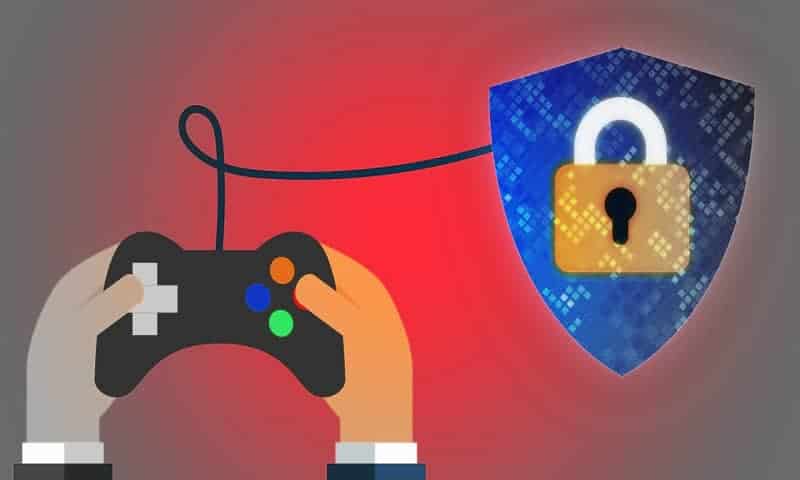Table of Contents
What Does Security Mean in Gaming?
With businesses operating so much in digital spaces, business security has become a multi-faceted topic. It’s easy to forget, however, that businesses can still vary massively from each other in terms of their operations, meaning that the types of security that apply are going to be inherently different.
A big example of this is businesses that operate within the gaming landscape. Video games are a huge industry, and the amount of interest from the perspective of both businesses and customers means that security is going to be a concern for everyone involved.
The areas that need to be addressed, however, are often different from what other businesses experience, making transferability difficult.

What’s the Same?
Of course, not everything is different. A lot of the time, there’s a crossover between what gaming brands look to keep secure and what other businesses would, such as their own firewalls and security systems being able to adequately fend off threats. The issue of sensitive customer information is another example of where they crossover, though the areas in which they’re inputted could vary.
Many businesses use API gateways, for example, though for game developers, they might be used more for development than customer information, which means knowing API security best practices is still important.
However, game developers and especially game storefronts like Steam or Epic Games, are going to be dealing with enormous amounts of sensitive information due to their transactional nature, making security an absolute priority for retaining customer trust.
Hackers
Security isn’t always directly about malicious threats that are intent on stealing information and money. When it comes to online gaming, security might refer to the integrity of the game. Of course, some of these could still refer to the well-being of other players being compromised, but sometimes it’s just about the integrity of the game.
Hackers in online games often break their characters and progression as so they can gain a huge advantage. It’s clear to see why this would be problematic for a game that’s trying to thrive off having a stable community that players enjoy returning to, so having a way of dealing with these issues is paramount.
An Active Community
Being spread too thin is a problem that gaming businesses can very much face, however. Between the extensive amount of time being contributed toward development and bug fixing, identifying these concerns, to begin with, might be easier with some help. Online games in particular look to encourage an active community that can help developers to better identify issues and fix them within a tight timeframe, such as the identities of hackers being revealed. Obviously, this isn’t an entirely altruistic effort on the side of the gaming community, as they want to see the game remain in a position that’s playable while ensuring that their own data is protected.
In contrast to some businesses, the interplay between the brand and the audience is much more interactive—something that can have its benefits as previously mentioned, but it also heightens the risk if this trust is breached through poor security.



